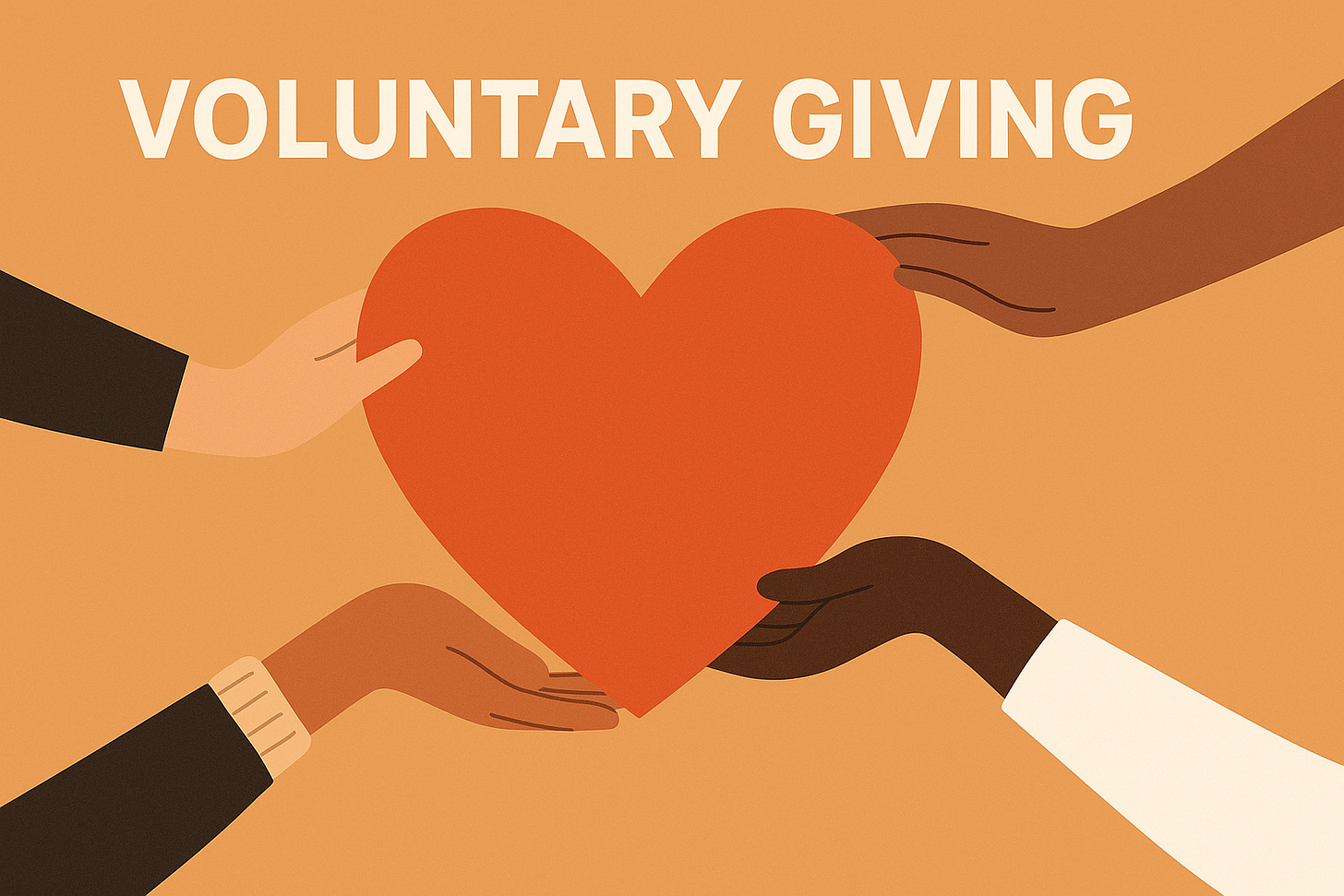Can a small entrepreneurial city revolutionize the way we think about charity? Morazán suggests the answer is a resounding yes. In contrast to bureaucratic welfare systems, Morazán’s approach to community care is personalized, voluntary, and deeply human. In this tight-knit city, neighbors know each other, and leadership responds directly when help is needed—not because it’s mandated, but because it’s right.
One small but powerful example: I use a portable scooter due to mobility challenges, and there’s a small step from the sidewalk to my porch. On several occasions, guards sprinted over to assist me. Then, one day, a maintenance worker arrived unannounced and built me a concrete ramp. I didn’t request it; I didn’t need to. Someone saw the problem and quietly solved it. That gesture helped not just me—it strengthened community trust and enhanced the management company’s reputation.
In a typical city or subdivision, there's little incentive for local authorities to go beyond the letter of a contract. But Morazán is different. It operates on a private, voluntary agreement between residents and the city’s entrepreneurial leadership. That contract doesn’t require help for special needs—but providing it builds loyalty and cohesion.
Massimo, Morazán’s visionary developer, understands this well. While building infrastructure like housing and streetlights, he’s also cultivating culture. From parks to community gatherings, he fosters a place where people feel seen and supported. He’s made plans to launch schools, churches, and medical facilities—but he also prepares to assist residents on a case-by-case basis when life’s unexpected challenges arise.
This isn't charity in the traditional sense. It’s smart, human-centered entrepreneurship. Massimo’s occasional loans to help residents start small businesses—some repaid, some not—are investments in the strength and prosperity of the community itself. Bureaucracies can’t make decisions like that. Entrepreneurs can.
That ethos has trickled down to the residents themselves.
When a car accident shattered the leg of a well-known Uber driver, Andres, he faced an impossible situation: no income, no savings, a newborn at home, and no way to afford surgery. Alex, one of Morazán’s early entrepreneurs, organized donations and covered the shortfall with a loan. Several neighbors pledged to guarantee the loan if Andres couldn’t repay it. That’s not just compassion—it’s trust and mutual aid at work.
Consider another case: a 16-year-old boy named Anthoni, abandoned by his mother at age 10 and raised on the streets of Choloma. When he found his way to Morazán, he was too young to legally sign a lease. But he kept showing up—helping with small jobs, supporting other residents, and proving his value. Eventually, with approval from his mother secured by the city’s Technical Secretary, Anthoni was given a place to live and work. Alex hired him to run the laundry service and covered his rent well beyond what his labor merited. After years of instability, Anthoni found not just shelter, but a community.
During a storm that left Morazán without power for days, residents shared food, supplies, and support. There were no government directives or emergency subsidies—just people helping each other. The spirit of the city held.
These stories aren’t isolated. They reflect the character of a place that sees people as neighbors, not cases. In Morazán, charity isn’t outsourced to a tax-funded bureaucracy—it’s woven into the fabric of everyday life.
The broader lesson is clear: when people are not coerced, when they live in a community governed by consent and aligned incentives, generosity flows naturally. Compassion scales when it’s rooted in relationships.
This is made possible, in part, by the legal autonomy Morazán enjoys under Honduras’ ZEDE law. Though allowed to collect taxes, the city keeps them extremely low—choosing to rely on private initiative rather than public welfare systems. Residents who value self-responsibility and freedom over high-tax safety nets choose Morazán for that very reason.
As the number of Free Cities expands, so will the range of voluntary solutions to life’s toughest problems. Entrepreneurs will invent new ways to mitigate risk, care for the vulnerable, and meet real human needs—without sacrificing dignity, self-worth, or freedom.
The future of charity doesn’t have to look like paperwork and entitlement. It can look like neighbors showing up. Like business leaders offering support without obligation. Like kids with nowhere to go finding a home. And like a little concrete ramp, poured quietly, because someone noticed—and cared.



